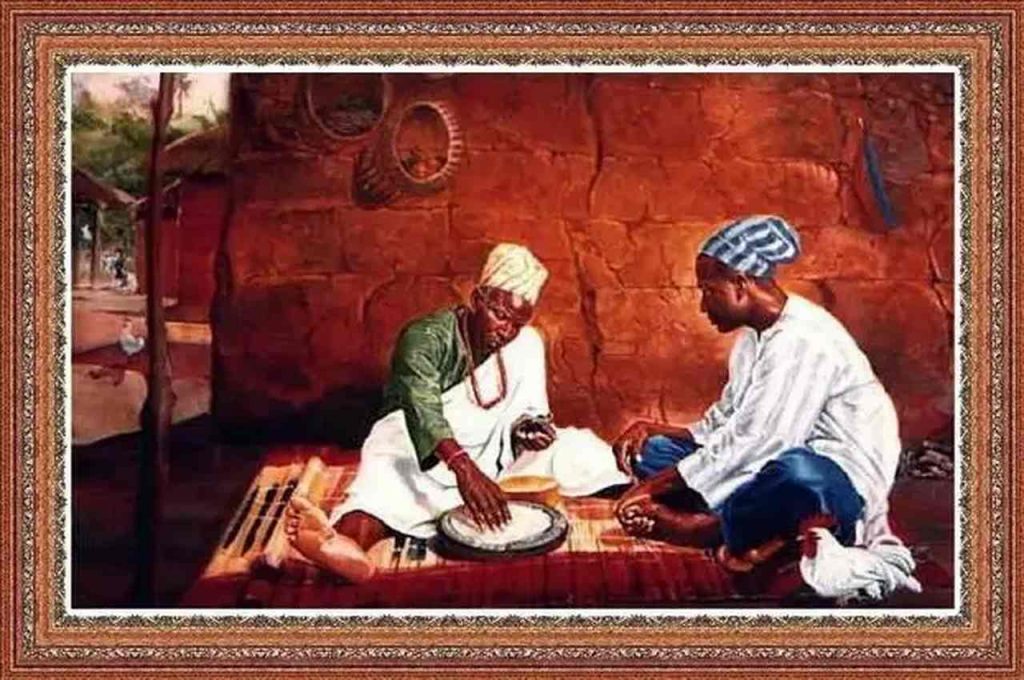Topic Content:
- Literature: The Saint by Tade Adegbindin
This is a social satire. It exposes some of the social ills in societyThe term society is derived from the Latin word 'socius' meaning friendship or companionship. Society is a community, nation or group of people who share the same traditions, institutions, rules and... More. It is the story of a father and son, each strong-willed, loquacious, learned, rebellious and highly opinionated. Ladepo, a teacher-turned pastor is a hypocrite who carried the Bible in the day and sought occultic powers in the night. And yet he has a holier-than-thou attitude, with little or no regard for anyone who disagrees with his Christian faith.

The Saint by Tade Adegbindin
Ladepo is a powerful preacher and a miracle worker. He resigned from the teaching profession after ten years of service because he wanted lots of money that he could not achieve with a teaching job. He founded a church and with his father’s spiritual backing was able to touch the lives of many of his adherents who held him in high esteem. They did not know that he was a sorcerer. His miraculous power was occultic. His father, Baba Agba, a strong medicine man, had empowered him to perform wonders and lord it over others.
You are viewing an excerpt of this Topic. Subscribe Now to get Full Access to ALL this Subject's Topics and Quizzes for this Term!
Click on the button "Subscribe Now" below for Full Access!
Subscribe Now
Note: If you have Already Subscribed and you are seeing this message, it means you are logged out. Please Log In using the Login Button Below to Carry on Studying!



ANSWERS TO THE EVALUATION QUESTION
WHAT TYPE OF DRAMA IS THIS PLAY?
IT IS FICTION
WHAT IS THE NAME OF THE VICE PRESIDENT AND WHO PLOTTED HIS DEATH
THE NAME OF THE VICE PRESIDENT IS AGWU AND LADEPO PLOTTED HIS DEATH.
AREMU’S CHILDLESSNESS WAS TRACED TO WHO?
IT WASTRACED TO HIS FATHER LADEPO